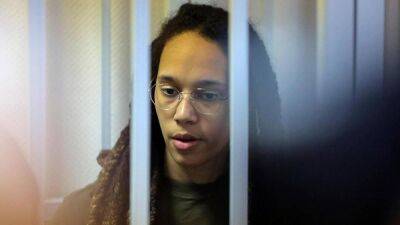Could trolleybuses be the incredible solution for greener public transit?
One slushy March evening, about 100 people gathered at a bus lot in Cambridge, Massachusetts, directly to the north-west of Boston, to commemorate the end of a transportation era.
The guest of honor? Massachusetts Bay Transportation Authority’s trolleybuses – sometimes called trackless trolleys – which have poles connecting to overhead wires that draw electricity to run their motors. The buses, along with the 86-year-old network of wires that support it, were being decommissioned after serving the Boston area faithfully for the past two decades, in part because they were getting difficult to maintain. As the trolleybuses grumbled along for one last evening, participants onboard reminisced, running off at various intersections to take photos of their ride making turns it hadn’t made in years.
“When I heard that [the MBTA was] going to be discontinuing the trolley service … I was heartbroken,” lamented Northam von Posten, a former MBTA trolleybus driver who attended the commemoration. “I really came to love these buses, these electric trolleys.”
Colloquially referred to as “the T”, the MBTA plans to replace the trolleys with battery-powered electric buses over the next two years.
But some critics say even battery-powered electric buses are not as energy efficient as their trolley counterparts, arguing that US public transit systems trying to reach zero emissions should look to their past. Their skepticism comes at a time when other transit agencies in North America are pledging to stick with trolleybuses, and perhaps even expand their fleets to address the climate crisis. The case to keep trolleybuses around is simple: they run 100% on electric power, something even battery electric buses, which struggle to heat their inside
Read more on theguardian.com

 theguardian.com
theguardian.com

![Evaluating how Curve Finance [CRV] performed in the last month](https://finance-news.co/storage/thumbs_400/img/2022/9/3/39457_myqjb.jpg)

















